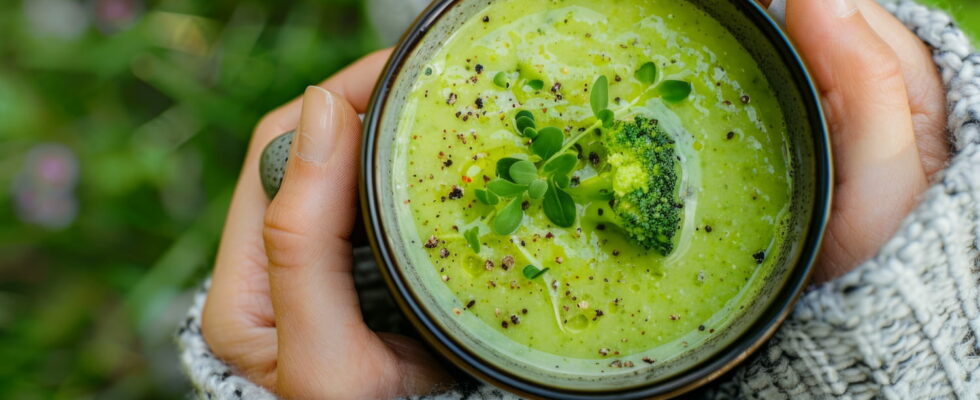And reduces joint pain.
Osteoarthritis is a disease characterized by joint pain that affects women more. Wet or windy weather accentuates these pains. Several natural ways can calm inflammation and reduce swelling. Among the solutions, a vegetable would be particularly interesting. Its role in joint health and its anti-arthritic effect have notably been demonstrated by Korean researchers, in a study published in the journal PLoS One.
“It is one of the foods richest in sulforaphane, a molecule which could improve inflammation and cartilage damage and thus slow the progression of osteoarthritis.“, explain the researchers. Specifically, this molecule is capable of inhibiting certain cells and enzymes (B cells and inflammatory cytokines) involved in inflammatory diseases such as osteoarthritis or rheumatoid arthritis. For this, the researchers administered sulforaphane in mice suffering from arthritis in the paws for 7 weeks The anti-inflammatory effect of sulforaphane was associated with reduced expression of inflammatory cytokines in the joints of the mice. “Next, we confirmed that the anti-inflammatory and B-cell inhibitory effects of sulforaphane also occur in human cells.”
In the American magazine Arthritis and RheumatismBritish researchers also confirmed that a diet rich in this vegetable (in the study, it was consumed in soup) helped to slow down and delay osteoarthritis lesions, particularly in knee osteoarthritis. In addition, this remineralizing vegetable is extremely rich in vitamins K and C and calcium, three nutrients known to preserve bone density and joint flexibility.
If there was an anti-arthritis soup, it would have to contain broccoli (at least 100 g of broccoli florets). A flagship vegetable of the cruciferous family, broccoli is enjoyed all year round and particularly in autumn, in soup for example, combined with potatoes or other green vegetables. Similar effects would be observed with other cruciferous vegetables such as cauliflower, Brussels sprouts or kale, vegetables which are however slightly less provided in sulforaphane than broccoli.
